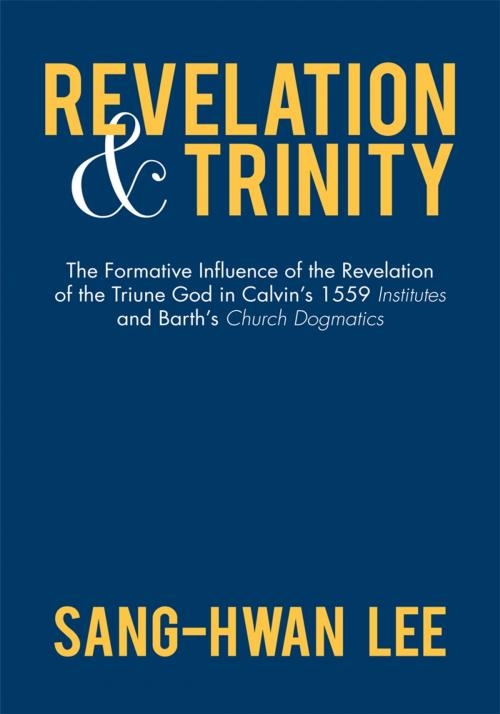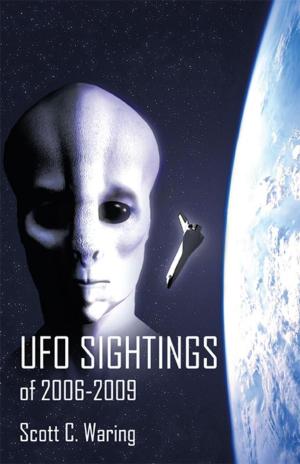Revelation and Trinity
The Formative Influence of the Revelation of the Triune God in Calvin’S 1559 Institutes and Barth’S Church Dogmatics
Nonfiction, Art & Architecture, Architecture, Religion & Spirituality, Theology, Christianity| Author: | Sang-Hwan Lee | ISBN: | 9781450278737 |
| Publisher: | iUniverse | Publication: | January 31, 2011 |
| Imprint: | iUniverse | Language: | English |
| Author: | Sang-Hwan Lee |
| ISBN: | 9781450278737 |
| Publisher: | iUniverse |
| Publication: | January 31, 2011 |
| Imprint: | iUniverse |
| Language: | English |
Revelation and Trinity provides a guide for the serious study of the systematic theologies of John Calvin and Karl Barth.
The controversial debate between Karl Barth and Emil Brunner drew attention to John Calvins theology. Each one claims his theology is more faithful to Calvins theology than the other. In Revelation and Trinity, author Sang-Hwan Lee analyzes and interprets the theologies of Calvins 1559 Institutes and Barths Church Dogmatics and how they affect Christianity.
Originally a doctoral thesis, Lees analysis demonstrates their conceptual basis in the revelation of the triune God to which the Bible and the Church attest, and he imparts the implications of this basis. Revelation and Trinity highlights the relationship that both Calvin and Barth find between the ontology of the living God in revelation and its noetic and conceptual possibility in faith.
Revitalizing the discussion on the theologies of Calvin and Barth and their relationship, Lee offers a critical assessment of the tenability of the oneness and the threeness of God in their theologies. Revelation and Trinity offers old and new insights into their theologies, and examines their relationship with a fresh discussion.
Revelation and Trinity provides a guide for the serious study of the systematic theologies of John Calvin and Karl Barth.
The controversial debate between Karl Barth and Emil Brunner drew attention to John Calvins theology. Each one claims his theology is more faithful to Calvins theology than the other. In Revelation and Trinity, author Sang-Hwan Lee analyzes and interprets the theologies of Calvins 1559 Institutes and Barths Church Dogmatics and how they affect Christianity.
Originally a doctoral thesis, Lees analysis demonstrates their conceptual basis in the revelation of the triune God to which the Bible and the Church attest, and he imparts the implications of this basis. Revelation and Trinity highlights the relationship that both Calvin and Barth find between the ontology of the living God in revelation and its noetic and conceptual possibility in faith.
Revitalizing the discussion on the theologies of Calvin and Barth and their relationship, Lee offers a critical assessment of the tenability of the oneness and the threeness of God in their theologies. Revelation and Trinity offers old and new insights into their theologies, and examines their relationship with a fresh discussion.















